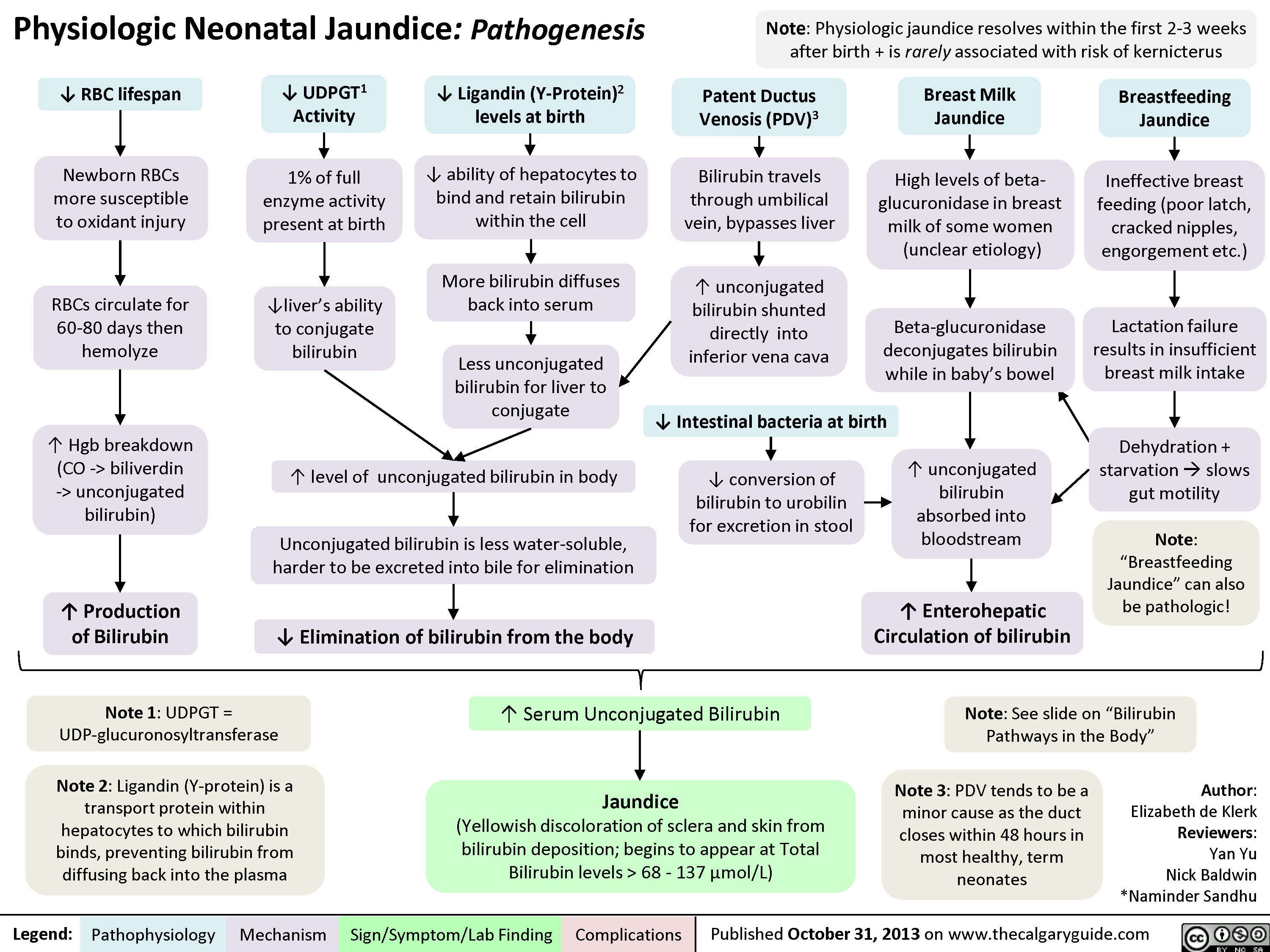

But you can give your baby expressed milk.ĭuring phototherapy, you baby's temperature will be monitored to make sure they're not getting too hot, and they'll be checked for signs of dehydration. Treatment cannot be stopped for breaks during intensified phototherapy, so you will not be able to breastfeed or hold your baby. This involves increasing the amount of light used or using another source of light, such as a light blanket, at the same time. If your baby's jaundice does not improve, intensified phototherapy may be offered. It will usually be stopped for 30 minutes so you can feed your baby, change their nappy and give them a cuddle. Your baby will be placed under a light either in a cot or incubator with their eyes covered.
#PATHOLOGICAL JAUNDICE NEWBORN SKIN#
Phototherapy aims to expose your baby's skin to as much light as possible. It's sometimes used to treat newborn jaundice by making it easier for your baby's liver to break down and remove the bilirubin from your baby's blood. Phototherapy is treatment with a special type of light (not sunlight). These treatments are recommended to reduce the risk of a rare but serious complication of newborn jaundice called kernicterus, which can cause brain damage. If your baby's jaundice does not improve over time, or tests show high levels of bilirubin in their blood, they may be admitted to hospital and treated with phototherapy or an exchange transfusion. It usually improves without treatment.īut further tests may be recommended if the condition lasts this long, to check for any underlying health problems. Newborn jaundice can last longer than 2 weeks if your baby was born prematurely or is solely breastfed. If your baby's condition gets worse or does not disappear after 2 weeks, contact your midwife, health visitor or GP. If treatment is not needed, you should continue to breastfeed or bottle feed your baby regularly, waking them up for feeds if necessary.

In these cases, the condition usually gets better within 10 to 14 days and will not cause any harm to your baby. Most babies with jaundice do not need treatment because the level of bilirubin in their blood is found to be low. See diagnosing jaundice in babies for more information about the tests used. Treatment is usually only needed if your baby has high levels of a substance called bilirubin in their blood, so tests need to be carried out to check this. They'll be able to assess whether treatment is needed. Speak to your midwife, health visitor or GP if your baby develops jaundice.


 0 kommentar(er)
0 kommentar(er)
